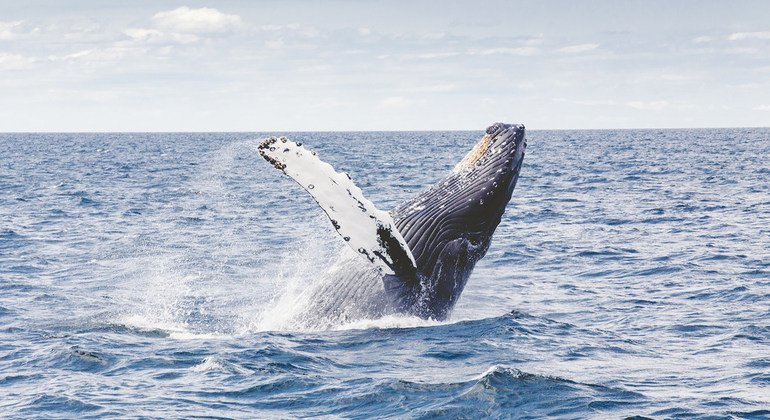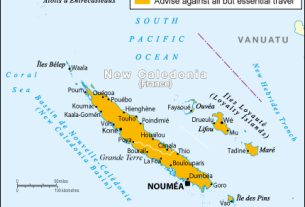“This action is a victory for multilateralism and for global efforts to counter the destructive trends facing ocean health, now and for generations to come,” said the UN chief in a statement issued by his Spokesperson late Saturday evening just hours after the deal was struck at UN Headquarters in New York, where tough negotiations on the draft treaty have been under way for the past two weeks.
The agreement reached by delegates of the Intergovernmental Conference on Marine Biodiversity of Areas Beyond National Jurisdiction, better known by its acronym BBNJ, is the culmination of UN-facilitated talks that began in 2004.
Already being referred to as the ‘High Seas Treaty’, the legal framework would place 30 per cent of the world’s oceans into protected areas, put more money into marine conservation, and covers access to and use of marine genetic resources.
Through his Spokesperson, Mr. Guterres said the treaty is crucial for addressing the triple planetary crisis of climate change, biodiversity loss and pollution.
“It is also vital for achieving ocean-related goals and targets of the 2030 Agenda for Sustainable Development, and the Kunming-Montreal Global Biodiversity Framework,” said the statement, referring to the so-called ‘30×30’ pledge to protect a third of the world’s biodiversity – on land and sea – by 2030 made by a historic UN conference in Montreal this past December.
Noting that the BBNJ decision builds on the legacy of the UN Convention on the Law of the Sea (UNCLOS), the Secretary-General commended all parties for their ambition, flexibility and perseverance, and saluted Ambassador Rena Lee, of Singapore, for her leadership and dedication.
“Ladies and gentlemen, the ship has reached the shore,” Ms. Lee said last night, announcing the agreement to an extended standing ovation in the meeting room. Delegations will reconvene later to formally adopt the text.
The statement issued by the UN Spokesperson said the Secretary-General also recognized the critical support of non-governmental organizations, civil society, academic institutions and the scientific community.
“He looks forward to continuing working with all parties to secure a healthier, more resilient, and more productive ocean, benefiting current and future generations,” the statement concluded.



